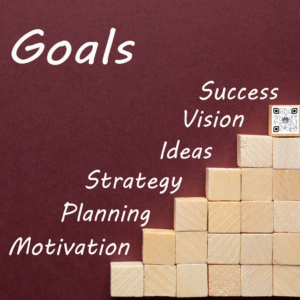
We’re entering what many are calling an era of workplace discontent. Trends such as quiet quitting, mouse jiggling and coffee badging show real-time apathy and disengagement, particularly as employees are ushered back into the office.
With more generations co-existing in the workplace than ever before, it’s a dynamic that’s hard to define. Shifting priorities and ideas from younger generations have many asking if how they spend their time at work is worthwhile. With workplace apathy at an all-time high, now is the time to understand what creates a good workplace and how to achieve that for workers of all generations.
Building Relationships
Looking at its decades of research, Gallup found a great manager is foundational to supporting a strong workplace culture. Strong relationships are instrumental to creating solid and lasting ties between people. In the workplace, this is represented by relationships grounded in respect and positivity. For example, a manager who knows the unique gifts and skills an employee has. Without such a relationship, it can be difficult for an employee to understand the need to put in the necessary time and effort at work.
Engagement Spreads
An effective manager can move team members from low- to mid-engagement through goal setting, regular feedback and accountability. The desire for regular feedback is especially important to younger generations who use feedback as a means of ongoing support.
While these are all valid points, it must also be acknowledged that most managers juggle meetings, staff management and their own duties. This leaves little time or bandwidth for creating important relationships. Instead, check-ins with staff are limited to short meetings that are often unsatisfactory for the manager and the employee because neither feels listened to. Both recognize this as a check-the-box scenario that must be completed as quickly as possible to move on to the next item.
This is no way to build short- or long-term engagement, but until a shift in priorities is addressed from top-down, it’s hard to expect engagement to be a high priority on anyone’s list.
Creating Strong Management and Strong Employees
- Work relationships are grounded in respect and positivity.
- Understanding an employee’s unique gifts
- Engagement through goal setting, regular feedback and accountability
- Prioritizing the hiring and development of good management
- Integration of engagement into every stage of the employee-manager lifecycle
- Emphasis on wellbeing at work

